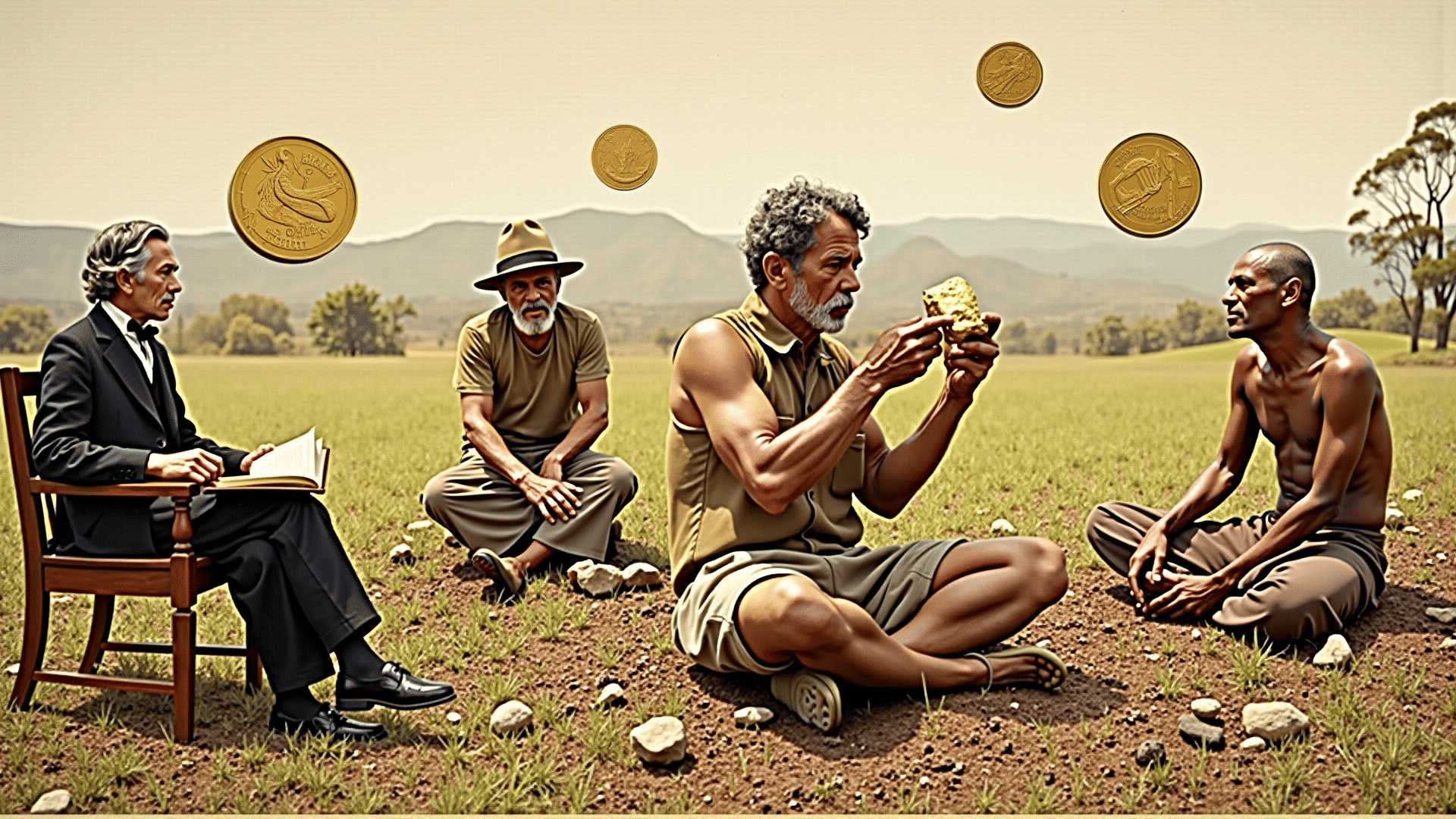In Australian society, perceptions of wealth have transformed significantly over the years, influenced by cultural, social, and economic changes. These shifts reflect broader changes within society itself, mirroring evolving values, priorities, and collective aspirations.
In the early days of colonial Australia, wealth was largely tied to land ownership. It was a period when expansive pastoral leases signified status and success. Wealth was measured by the size of one's estate and the number of livestock one possessed. The social hierarchy was closely associated with these tangible assets, which were often inherited and passed down through generations, maintaining family status within the community.
As the 19th century progressed, gold rushes in the mid-1800s introduced a different wealth dynamic. Suddenly, the prospect of finding gold provided the opportunity for almost anyone to strike it rich, albeit with considerable risk. This era introduced ideas of wealth creation through exploration, hard work, and a touch of fortune. It fostered a sense of optimism and possibility, altering the previous norm of wealth being inaccessible to all but the landed gentry.
Transitioning into the early 20th century, as Australia moved towards federation, industrialization began to redefine wealth once again. Cities grew, and with them, a burgeoning middle class came to the forefront. Here, wealth became increasingly associated with business success and entrepreneurial ventures. It was a time when the success of manufacturing and retail enterprises started to offer new paths to prosperity.
Post-World War II, Australia's social landscape experienced significant shifts. Economic prosperity during this period was characterized by widespread access to stable employment, affordable housing, and the rise of consumerism. Wealth was not just about assets but also about the ability to enjoy and participate in modern life. This period saw the introduction of the notion that a comfortable standard of living, good education, and leisure were considered part of what defined wealth.
In recent decades, Australia's society has become more diverse, and with it, ideas about wealth have become more varied and complex. Climbing social hierarchies is no longer solely associated with material possessions or owning expansive estates. Today, self-made success is admired, and stories of innovation and creativity in various fields are celebrated. Wealth is now often viewed through the lens of personal achievements and contributions to society, as well as the freedom to pursue individual passions and purposes.
Moreover, there is a growing emphasis on wealth having a social dimension, with increasing awareness and action around social justice, environmental sustainability, and ethical considerations. This is reflective of a broader global trend where wealth encompasses more than just personal gain; it involves a responsibility to contribute positively to the community and the environment.
Thus, the evolution of wealth philosophies in Australia presents a narrative that is enriched by the country's dynamic history and forward-looking citizens. As these philosophies continue to evolve, they will likely be shaped by new values, emerging challenges, and the ever-flexible fabric of Australian society.
